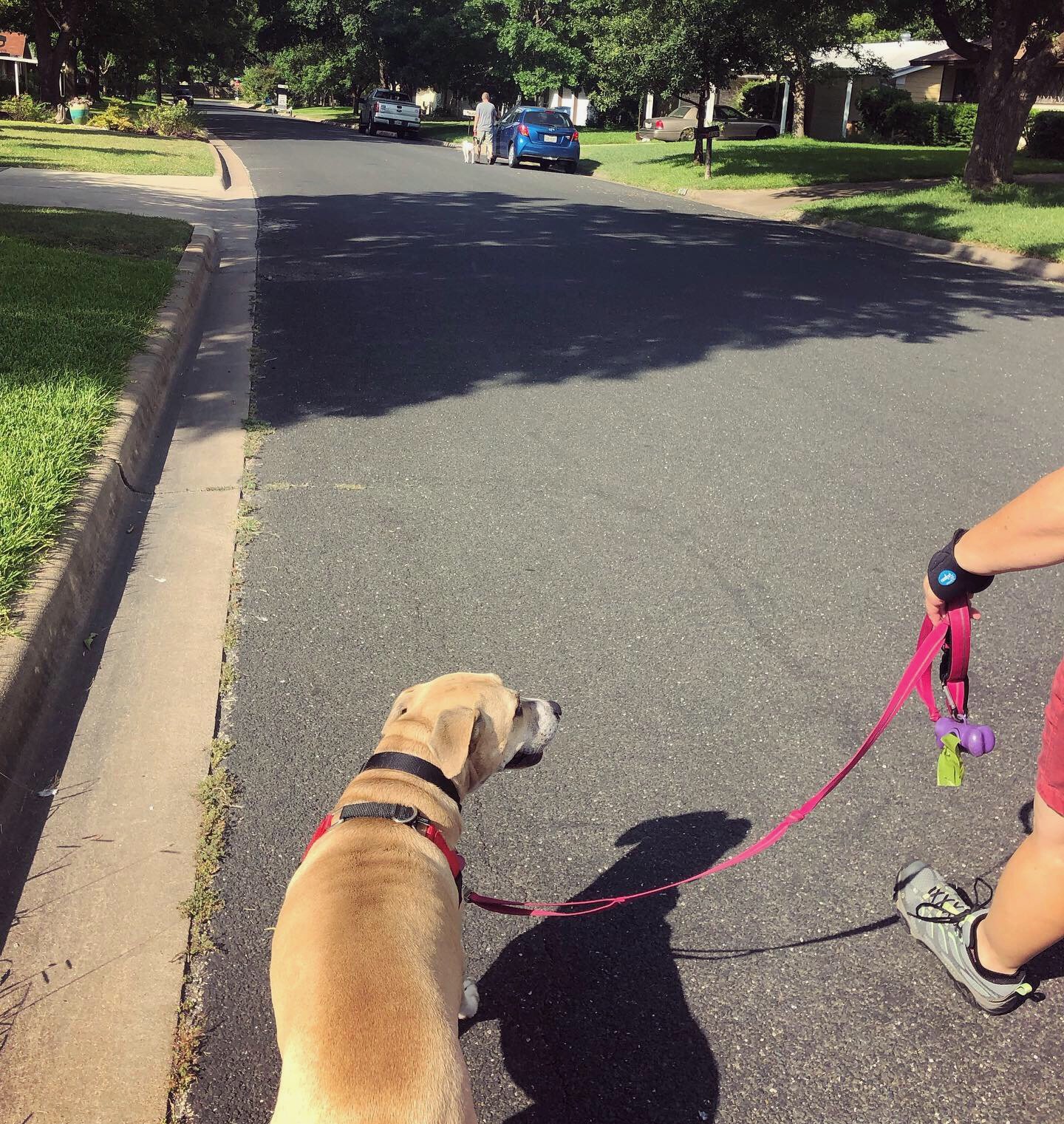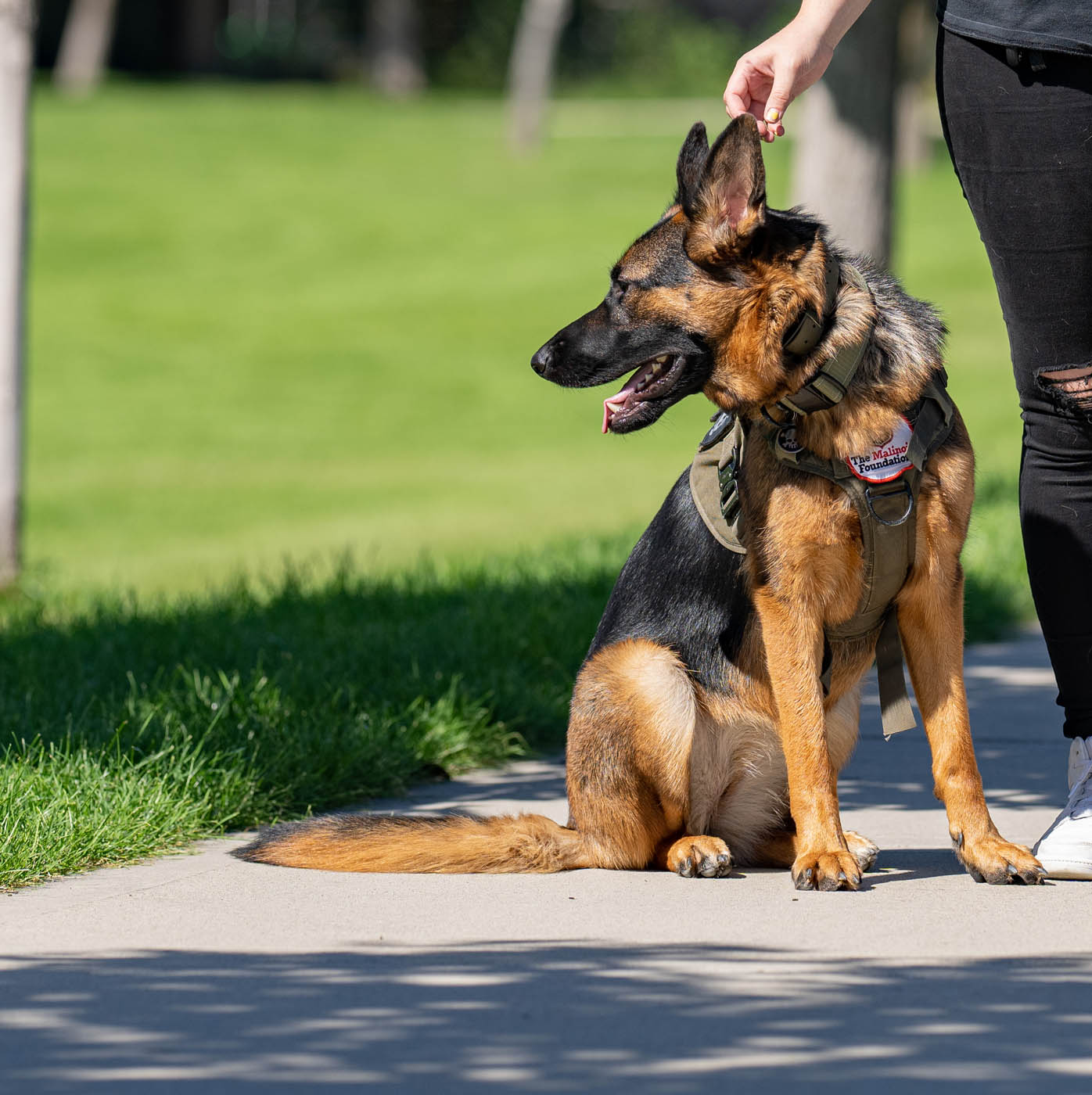The Ultimate Overview to Dog Training Charlotte: Techniques for Success
The Ultimate Overview to Dog Training Charlotte: Techniques for Success
Blog Article
Unlock Your Pet dog's Prospective: Proven Dog Training Approaches for Success
Efficient canine training is a nuanced procedure that pivots on understanding canine habits and utilizing medically backed approaches. By including favorable reinforcement, developing clear commands, and focusing on socializing, pet dog proprietors can cultivate an efficient relationship with their family pets.
Recognizing Dog Actions
Recognizing canine actions is crucial for effective training and promoting a positive partnership between pet dogs and their proprietors. A detailed grasp of canine body language, articulations, and social communications is critical for identifying their feelings and needs. Pet dogs communicate largely via non-verbal cues; for instance, a wagging tail might indicate excitement, while pinned ears can indicate concern or submission.

Additionally, ecological aspects play a significant role fit a pet's actions. Adjustments in regular, brand-new surroundings, or the existence of strange people can cause stress and anxiety or anxiousness in canines. Recognizing these triggers makes it possible for proprietors to mitigate adverse reactions and create proper training techniques.
Inevitably, a deep understanding of canine actions lays the structure for successful training approaches, boosting both habits and the overall bond between the canine and its owner. dog training charlotte nc. This expertise is essential for fostering a well-adjusted, pleased canine friend
Positive Support Techniques
Efficient training counts heavily on favorable reinforcement strategies, which have been shown to generate substantial results in forming preferred habits in pet dogs. This approach entails awarding a dog for displaying details behaviors, consequently boosting the likelihood that these habits will be duplicated. Rewards can take various kinds, including deals with, appreciation, toys, or playtime, depending upon what encourages the specific pet dog.

It is vital to progressively terminate incentives as the dog learns the habits, transitioning to recurring reinforcement. This approach keeps the habits gradually while preventing dependence on constant rewards. By focusing on favorable reinforcement, instructors can cultivate a trusting relationship with their canines, promoting a participating and healthy training setting that improves total obedience and efficiency.
Developing Constant Commands
A fundamental facet of successful pet training is the facility of constant commands. Consistency in commands is critical for effective interaction in between the canine and the instructor. When commands are consistent, canines discover to connect details words with wanted behaviors, which accelerates the training procedure and improves understanding.
To establish consistent commands, it is important that all member of the family make use of the same terminology and gestures. As an example, if a single person utilizes "sit" while one more claims "take a seat," it can produce complication for the canine. Select clear, distinct words for commands and make certain everyone included in the pet dog's training complies with these selections.
Strengthen commands with constant method, ensuring that the pet dog receives sufficient opportunities to react appropriately. When a pet dog effectively follows a command, prompt positive reinforcement ought to adhere to.
Last but not least, be patient. Developing regular commands takes time and effort. With dedication and clearness, you will certainly assist your pet dog establish a strong understanding of expectations, ultimately bring about a well-behaved buddy.
Socialization and Exposure
Interacting article socially a pet dog is essential for promoting a positive and well-adjusted companion. This process involves revealing your dog to a selection of atmospheres, people, and other animals to establish their social skills and adaptability. Early socializing, preferably in between the ages of three to fourteen weeks, is essential, as it prepares for a dog's future behavior.
Throughout socializing, objective to provide favorable experiences in various settings, such as parks, hectic roads, and homes with various other animals. Introduce your dog to different stimulations, consisting of audios, sights, and scents, making sure that each encounter is satisfying. This direct exposure aids reduce anxiety and anxiety, leading the way for a more resilient dog.
Engaging in regulated group play sessions with other canines can also improve social skills, instructing your pet proper interactions and boundaries. Constantly monitor your pet dog's convenience degree during these experiences, slowly raising exposure as their confidence grows. Keep in mind, the goal is to produce a well-rounded pet dog that flourishes in diverse scenarios, promoting a harmonious partnership with both humans and various other animals. Prioritizing socializing will substantially add to your pet dog's total joy and actions throughout their life.
Overcoming Common Training Challenges

An additional constant concern is distraction. Pet dogs may struggle to concentrate in unfamiliar or active setups. Gradually desensitize your canine to diversions by starting training in a quiet setting and slowly presenting even more stimulations as they come to be skillful (dog training charlotte). Positive reinforcement techniques, such as treats and appreciation, can maintain inspiration and focus.
Furthermore, behavioral concerns like leaping or too much barking can come to be irritating. Address these by teaching alternative habits, such as sitting calmly when greeting visitors. Uniformity and patience are critical; enhance desired actions continually and avoid scolding, which can result in complication.
Last but not least, acknowledge that each pet is unique, and training timelines might vary. Tailor your approach to your pet dog's specific demands, and seek specialist assistance if needed. With willpower and the appropriate strategies, getting rid of these difficulties can result in a well-trained, satisfied canine friend.
Conclusion
Finally, opening a pet dog's possible requires an extensive method that incorporates an understanding of canine habits, the application of positive support techniques, and the facility of constant commands. Early socializing and direct exposure to varied environments further boost a dog's adaptability and self-confidence. By attending to usual training challenges with tailored methods and patience, a unified and participating connection between pet and trainer can be fostered, eventually causing a well-behaved buddy capable of thriving in different circumstances.
Efficient canine training is a nuanced procedure that hinges on understanding canine actions and using scientifically backed strategies.Comprehending dog habits is important for efficient training and promoting a favorable partnership in between pets and their owners.Effective training counts greatly on favorable support methods, which have actually been shown to produce substantial results in forming wanted habits in dogs. When commands are uniform, canines find out to associate details words with wanted actions, which increases the training process and enhances understanding.
In verdict, opening a pet's possible necessitates a detailed approach that incorporates an understanding of canine actions, the application of positive reinforcement methods, and the facility of constant commands.
Report this page